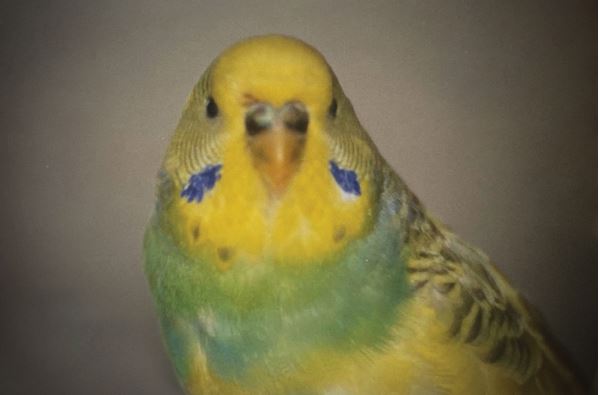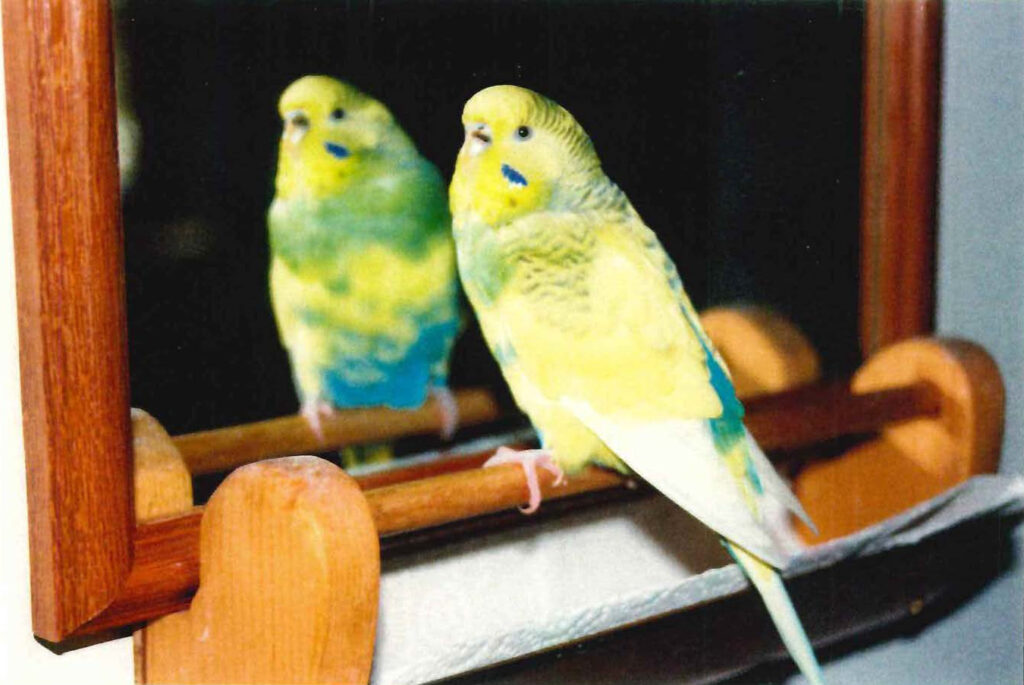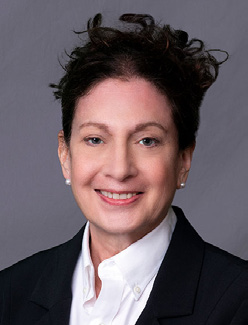“A touching and fascinating memoir of a little bird with a big personality.”
—Kirkus Reviews (starred review)
Click here for the full review
TV interview of the authors on NBC/Maine WCSH6 “207”:
Welcome to all who are intrigued by human-animal relationships, as well as those interested in a therapist’s take on his own life struggles.

Gus
Gus is a heartwarming, funny love story about how a psychologist who initially rejected the 1.4-ounce pet parakeet his wife insisted on adopting ultimately wanted Gus to live beyond his all-too-brief five years. How Gus’s uncanny words of wisdom—though sometimes making the psychologist look bad to others—helped his therapy patients, himself, and his wife in remarkable ways.
Meet the Authors:
Brilliant bird! Brilliant bird!
—Sir Hugh Lloyd-Jones, Regius Professor of Greek Emeritus, Oxford University
Gus: A Bird’s Life, in His Own Words is an engaging, funny, and enlightening account of how a pet parakeet, with no language training, picked up words uttered by his two human family members, who both happen to be psychologists. As a bird veterinarian, I found Gus’s verbal adventures—both at home and at the veterinarian’s office where he boarded when his humans were away— to be both amazing and believable. His ability to rearrange words into novel sentences that described various situations perfectly is an eye-opener into bird cognition. Gus is a page-turner that I recommend to anyone who enjoys pet memoirs—especially one that demonstrates why the term “bird brain” should become a badge of honor when applied to humans!
—Dr. Ann Bourke, Board Certified in Avian Medicine, Northeast Bird Clinic, Ashford, Connecticut


DAVID BELLOWS is a retired clinical psychologist who practiced psychotherapy privately in Maine for over 30 years. An avid sailor since childhood, he has sailed his own 23-foot yawl along the coast from the Bahamas to Canada, plus many schooners and square-riggers. Although he grew up with dogs, Gus and his avian predecessors turned him into a bird person.

BARBARA HELD is the Barry N. Wish Professor of Psychology and Social Studies Emerita at Bowdoin College in Maine. Her writings focus on discerning truth in psychological science and in our sociopolitical world. In her 2001 book Stop Smiling, Start Kvetching, she challenged what she termed “the tyranny of the positive attitude in America,” which garnered her worldwide media attention.